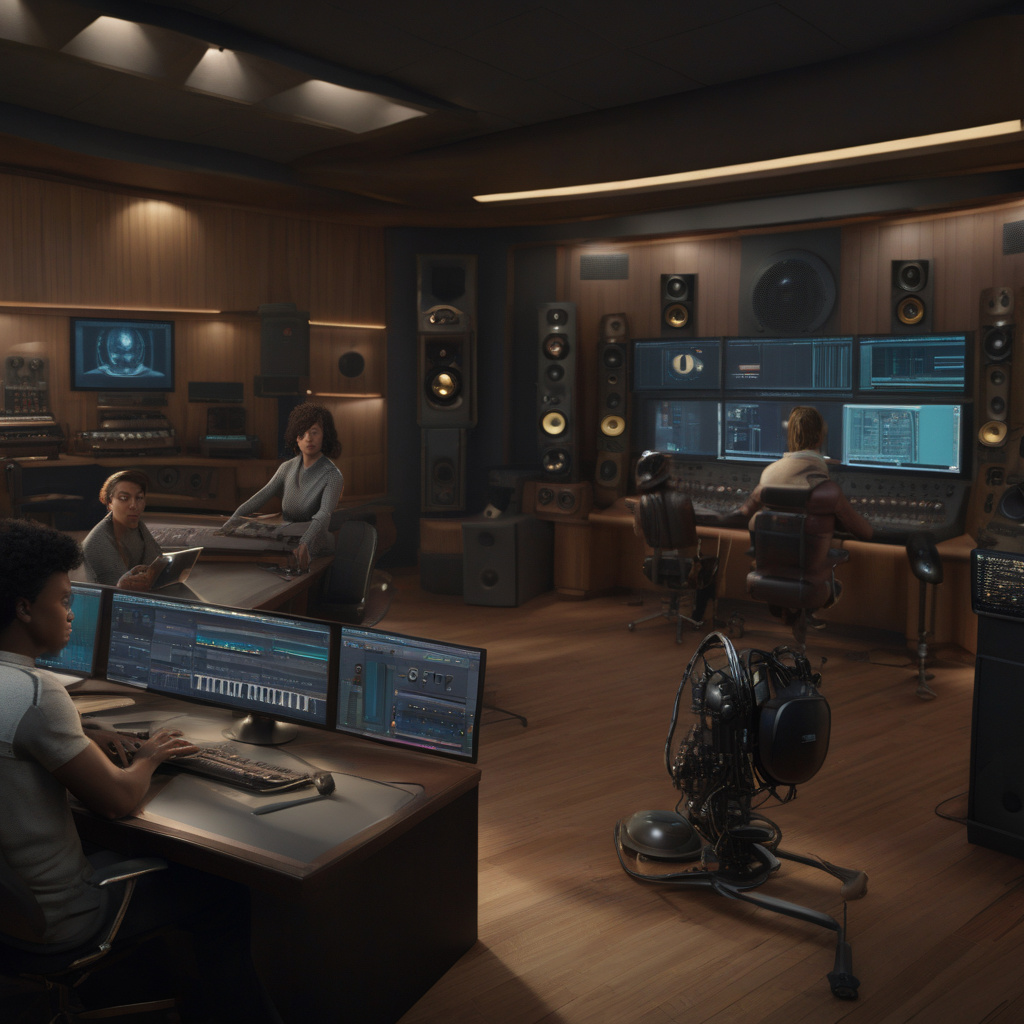Is AI the End of Human Dubbing in Europe?
The advancement of artificial intelligence has undoubtedly revolutionized various industries, and the world of entertainment is no exception. One particular area within the entertainment sector that is causing concern among European voice actors is the use of AI technology in dubbing. The fear that AI may eventually replace human dubbing artists is a legitimate concern that is sparking conversations and debates across the continent.
Dubbing plays a crucial role in the entertainment industry, especially in regions where audiences prefer to consume content in their native language. In Europe, where dubbing is a common practice for films, TV shows, and video games, voice actors have established themselves as integral players in the localization of content. Their ability to convey emotions, tone, and context through voice acting is a skill that has been honed over years of training and experience.
However, the emergence of AI technology in the field of dubbing poses a potential threat to the livelihood of human voice actors. AI-powered voice synthesis software has made significant advancements in recent years, with some systems capable of mimicking human speech patterns and intonations with remarkable accuracy. This has raised concerns among voice actors who fear that their jobs may be at risk as AI continues to improve and evolve.
One of the primary reasons why AI-powered dubbing technology is gaining traction is its cost-effectiveness and efficiency. AI systems can generate voiceovers in multiple languages at a fraction of the time and cost compared to hiring human voice actors for each language. This has led to an increasing number of production companies and studios exploring the use of AI technology for dubbing purposes, citing benefits such as faster turnaround times and broader accessibility to global audiences.
Despite the potential advantages of AI-powered dubbing, European voice actors argue that the human touch and emotional depth they bring to their performances cannot be replicated by artificial intelligence. The nuances of language, cultural references, and context-specific interpretations are elements that human voice actors excel at, providing a level of authenticity and connection that AI may struggle to achieve.
Moreover, the fear of job displacement looms large among voice actors who worry that the rise of AI in dubbing could lead to a decline in opportunities for human performers. The prospect of being replaced by a machine is a daunting one for many voice actors who have dedicated their careers to perfecting their craft and building relationships within the industry.
As the debate over the future of dubbing in Europe continues to unfold, it is essential for stakeholders in the entertainment industry to consider the implications of widespread AI adoption in this space. While AI technology certainly offers benefits in terms of efficiency and cost savings, it is crucial to strike a balance that preserves the artistry and creativity of human voice actors.
Ultimately, the future of dubbing in Europe may very well be a hybrid model that combines the strengths of AI technology with the artistry of human voice actors. By leveraging AI for tasks such as language translation and text-to-speech conversion, while still relying on human actors for nuanced performances and emotional depth, the industry can potentially achieve the best of both worlds.
In conclusion, the fear that AI may replace human dubbing in Europe is a valid concern that highlights the need for thoughtful consideration and collaboration between technology and talent. As AI continues to shape the landscape of the entertainment industry, finding ways to harness its potential while preserving the unique contributions of human voice actors will be crucial in ensuring a vibrant and diverse dubbing ecosystem for years to come.
#AI, #Dubbing, #VoiceActors, #EntertainmentIndustry, #FutureOfWork
